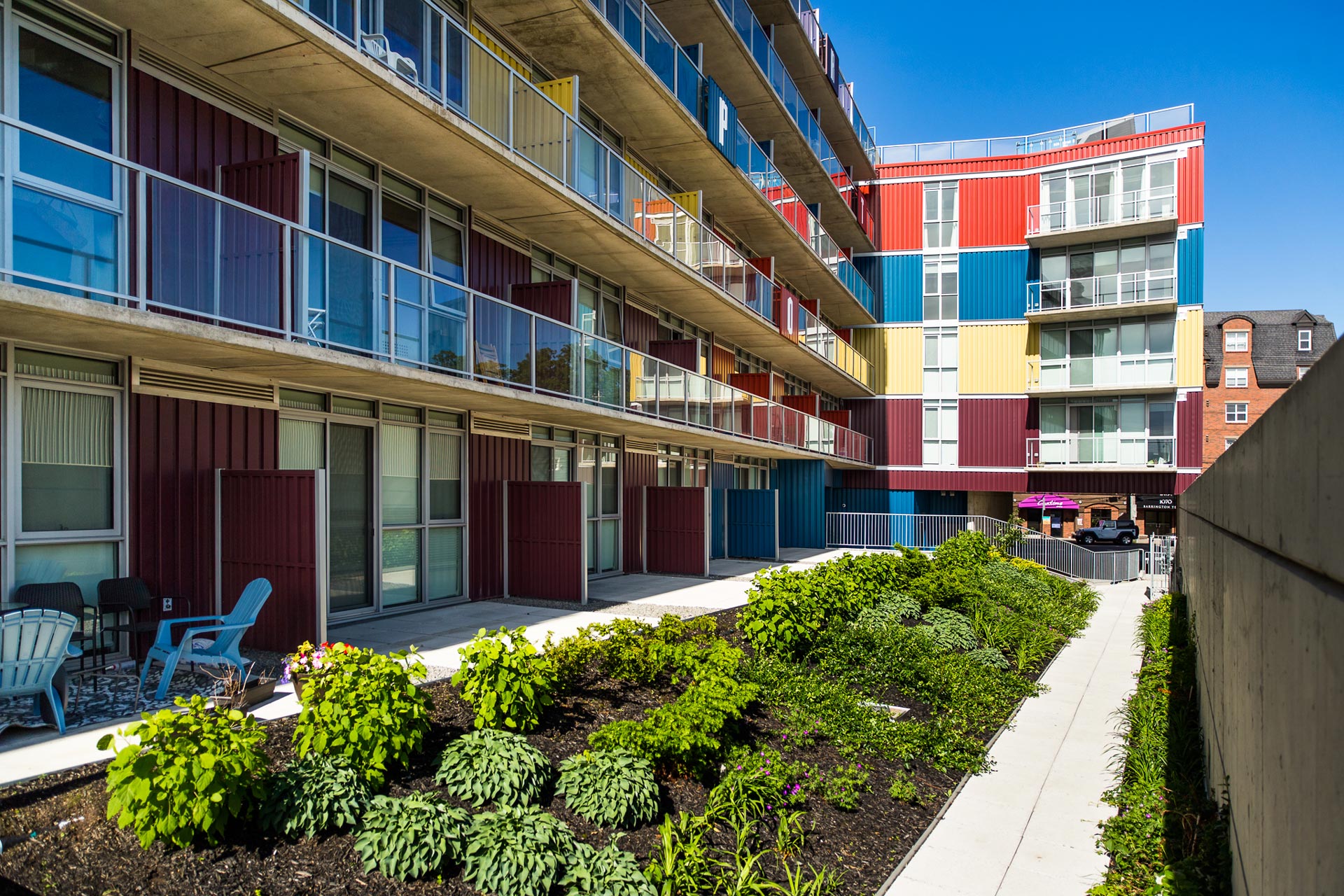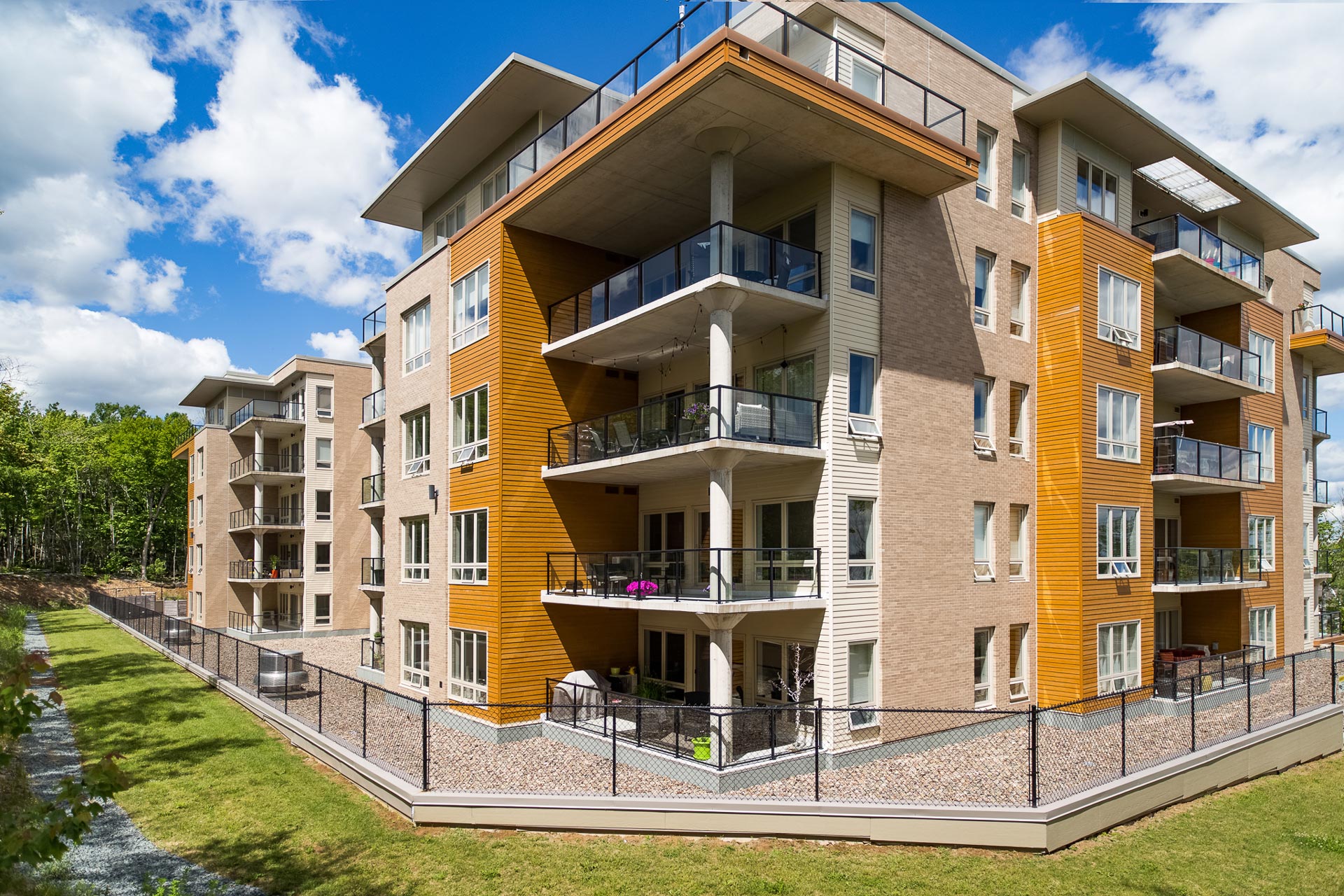Condominiums have their own special language. Here are a few terms you should know if you’re planning on investing in a condominium:
Condo Lingo
When you buy a condo, you purchase two things: (1) a unit for you to personally occupy; (2) a part of a corporation. Both of these elements of your purchase have rights and responsibilities associated with them, and there are some terms you’ll need to be familiar with:
By-laws
Rules to live by! By-laws outline how the condo will be run and how the commonly-owned parts of the property will be used.
Declaration
I do declare! This is the legal document that created the condominium. It lays out the process owners must use to make decisions about operating the condo, and how an individual owner’s condo fee is calculated. It lists the units, what the common elements are, and how the corporation will be governed.
Common Elements
We’re all in this together! Common elements are the parts of the property that are collectively owned. Things like pools, gyms, walkways, and elevators are owned by everybody.
Limited or Exclusive-Use Common Elements
No trespassing! Limited or exclusive-use common elements are commonly owned but for the sole use of one or more condo owners. Things like parking spots and balconies may be exclusive-use.
Common Elements Fees
Condo fees! Common elements fees, or condo fees, are paid by each unit owner on a monthly basis. Fees cover operating costs for things like maintenance, fuel, and staff salaries. A portion of your monthly fee is placed in the reserve and contingency funds.
Reserve Fund
Planning for the future! The reserve fund is pooled savings amassed through the monthly contributions of individual owners (part of your monthly condo fee). Its funds are used for major repairs and upgrades as they become necessary, and it is a good barometer of the financial fitness of the corporation.

